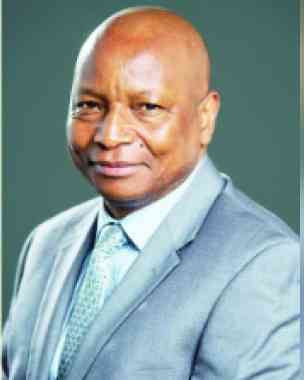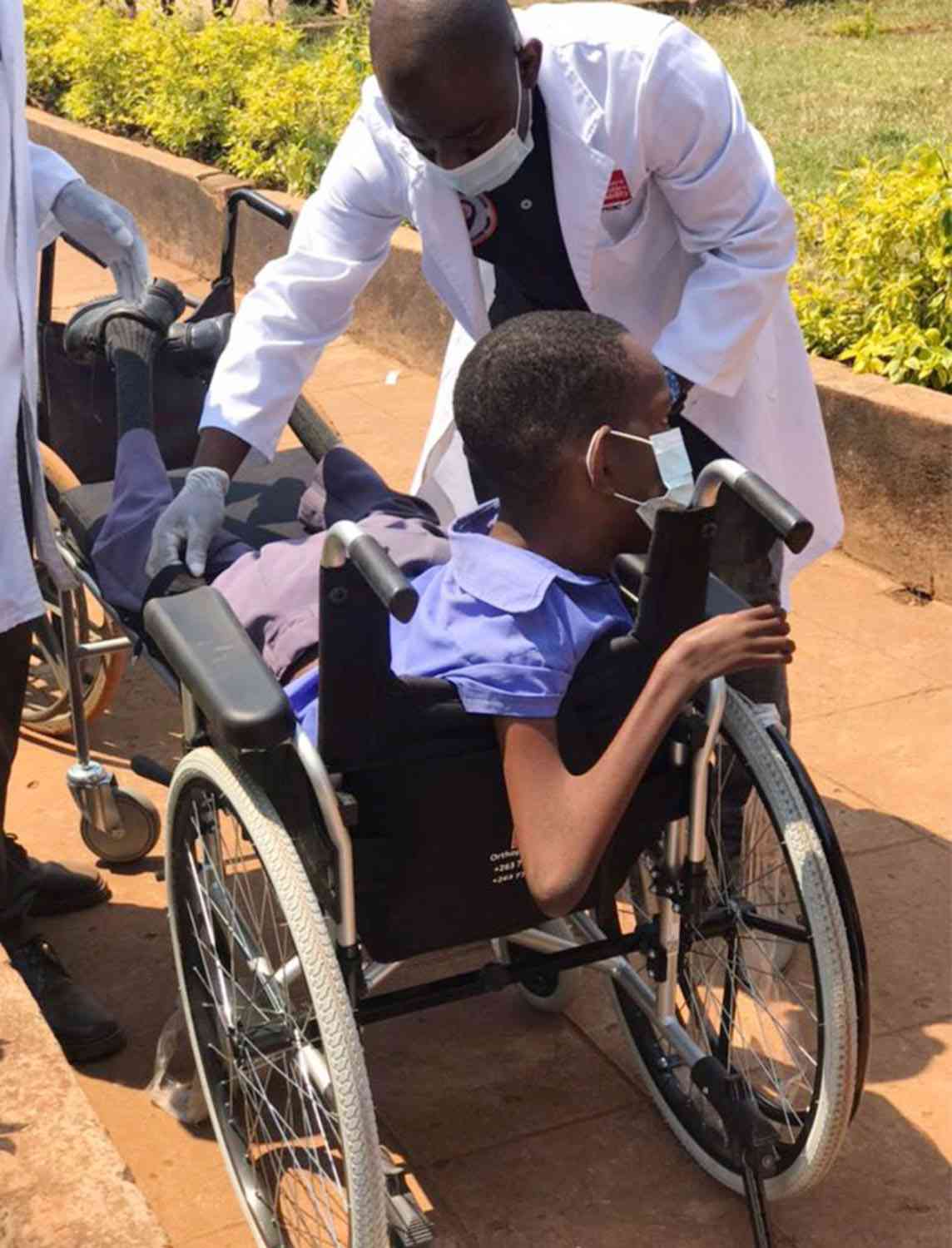
TWO weeks ago, Zimbabwe participated at the three-day 2024 Africa Investment Forum in Rabat, Morocco. The forum is an annual multi-stakeholder, multi-disciplinary platform that seeks to mobilise funding for critical infrastructure projects in Africa, among other objectives. Two key local projects that were discussed include the 1 000 MW solar project in Kariba and the US$100 million Glassblock Bopoma Dam project in the Insiza District, Matabeleland South Province. Our chief reporter, Melody Chikono (MC), caught up with the Ministry of Finance, Economic Development and Investment Promotion Public Debt Management Office head Andrew Bvumbe (AB) to discuss Zimbabwe’s presence at the forum. Below are excerpts of the interview:
MC: Why are you at the African Investment Forum?
AB: The African Investment Forum has become one of the biggest gatherings for promoting investments in Africa, and it is a very practical approach where you are matching projects with investors in the boardroom. I think it is one of the fastest-growing forums in terms of promoting investment in Africa and the various priority sectors. As you are aware, the Finance minister (Mthuli Ncube) now has the investment promotion department, which was added to us. We are here to support our projects from Zimbabwe, which are going to be considered during the meetings. We have two projects being considered in two boardrooms, so that is why we are here.
MC: What are those two projects?
AB: We have one dam project in Bulawayo that augment water supplies, and then we have just finished one project on the floating solar energy project on Kariba. Those are the two projects that are being considered from Zimbabwe during these three days.
MC: How are you faring at this investment platform in terms of attracting investment?
AB: The chances of us securing investors are much higher given the process that the African Investment Forum goes through to select the projects. The dam construction project was well-received. We see that as a major success for us. We gave our full support for the project, and it is going to resolve some of the water crisis issues in Bulawayo.
MC: The Kariba project?
- Zim charms investors at premier investment forum
Keep Reading
AB: On the Kariba one, there are other outstanding issues, like feasibility studies that need to be undertaken. But I think there is a broader understanding of the framework in terms of how the structure is going to look like, and hopefully the lead arranger has been announced.
We hope that they can assist in the project in terms of all the studies that have to be done and then the soliciting of investor interest.
MC: As a ministry, do you also financially support these projects?
AB: We are providing the environment for the private sector to thrive. We have Zida (Zimbabwe Investment and Development Agency) also with us to explain all the issues relating to investments in Zimbabwe, the processes, and so on. We are putting across the environment to say “this is the environment we have for investors, the private sector, to come in and invest”, and then our private sector is saying “these are the projects we have, and these are the internal rate of return for this project.”
MC: A number of participants indicated that investors shun the continent due to its high risk. How does this apply to Zimbabwe?
AB: The issue of risk again is about perceptions. We were given numbers at the opening ceremony where it was clear that in terms of default, Africa is the least developed. But it comes to the issue of how we project ourselves as Africa.
That is why people are now calling for an independent rating agency for Africa that understands Africa better and has the data and everything.
So, it is a dichotomy where one is saying there is perceived risk.
MC: You have been overseeing the debt dialogue process. What has been the impact of that debt on the country’s efforts to unlock fresh lines of credit?
AB: The debts we have — over 70% of that debt are arrears and penalties. We have not been contracting new debts per se. If you see the growth of that debt, I think people have to understand that clearly.
Because of the structured dialogue platform process, we have realised that without clearing the arrears and debt resolution, we cannot de-risk the country.
That is why the priority now is the debt resolution forum. We are now focusing on the core objective of the process. Here, we are saying now we need to move.
MC: How about reforms?
AB: Reforms are a process, and we have done quite a lot under the three pillars. We are moving to the core of arrears clearance and debt resolution, which is to clear
To A10
arrears, negotiate for restructuring, negotiate for debt forgiveness, or whatever the model we will have. Now, the financial advisors and legal advisors are in place, so they are looking at all the options with us together with the debt sustainability analysis.
MC: How strong are you on closing the reform part of the debt?
AB: If you look at the report back, we have quite successfully implemented the reforms. If you look at the sector working group on economic reforms, we have done almost everything that was requested of us. We are just waiting for the SMP (Staff Monitored Programme), and then on the governance, we have made some progress. Of course, we cannot always be making progress in others; you do not succeed like on the indicators as well. We have had challenges with those, some of the indicators, but it is a process.
MC: Okay…
AB: We have committed to look at those indicators that we fell back on, and we have put structures in place to see how we can improve those indicators, so it is a process. The third sector working group is almost done. Everything — the 99-year lease is done, the compensation of the former farmers is almost done together with the Bippas (Bilateral Investment Protection and Promotion Agreements), so as far as we are concerned, we have done a lot.
MC: How about the PVO Bill?
AB: They are discussing the outstanding issues on that. Again, these are issues that cannot be resolved overnight. They are sensitive issues; that is why there is dialogue. People are forgetting that we have put a dialogue process in place to resolve all the issues, so if we do not agree, we continue dialoguing until we agree, so that is the spirit of the structured dialogue platform. It is not that you meet once and you agree; it can never be that simple given the sensitivity of these issues and also the processes.










